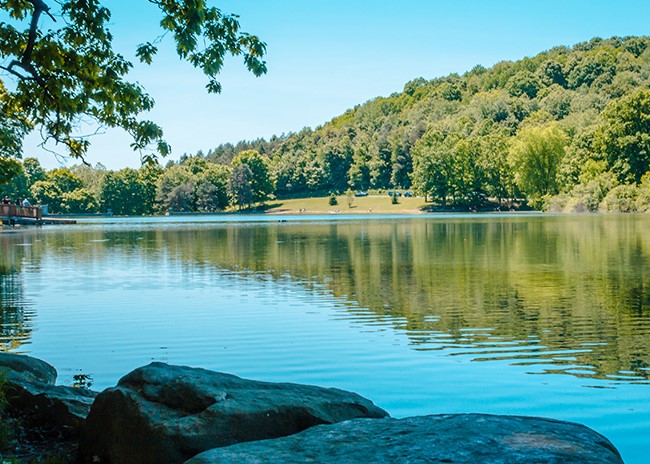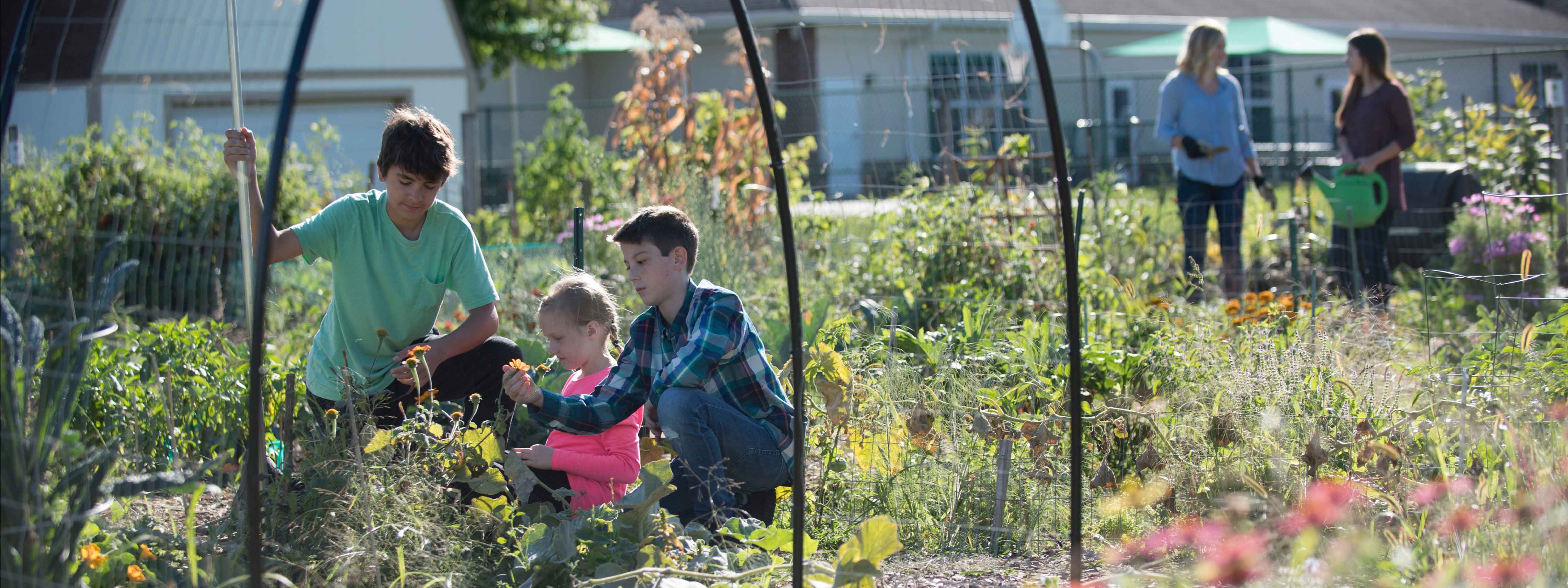Renewable Energy
Indiana communities are faced with complex decisions related to land-use planning, particularly for renewable energy. This complexity and the unique characteristics of each community result in a patchwork of land use policies across the state. Additionally, many local communities are experiencing an increased interest in solar due to federal, state, and utility incentives. Purdue Extension provides research-based information to support local community planning and decision making.
The Purdue Extension Land Use team and partners identified a state-wide need for research-based information focused on renewable energy and land-use decision making. These resources can be used as a reference for plan directors, plan commission members, and other interested parties. All information and reports should be used for educational purposes only and adapted to each community’s local context, as appropriate. The information is not intended to provide specific recommendations for policies or decisions. Additionally, communities continually update planning and zoning based on new technology and local needs. Contact county planning offices for the most current and complete policies.
To learn more about Renewable Energy, contact:
Tamara M. Ogle
Community Development Regional Educator
togle@purdue.edu
TEAM
- Kara Salazar
- Daniel Walker
- Michael Wilcox
Indiana Renewable Energy Community Planning Study and Ordinance Inventory Summary
In 2021, Purdue Extension’s Land Use Team conducted a comprehensive overview study of land use regulations for wind and solar energy. The report provides a summary of state-wide renewable energy ordinances and county snapshots. This page also includes follow-up reports comparing current county zoning ordinances for commercial wind and solar operations to the voluntary wind and solar-ready community standards adopted by the 2022 Indiana General Assembly.
A team of researchers from Purdue Extension Community Development, the Purdue Center for Regional Development and the Purdue Department of Agricultural Economics focused on where wind farm projects have and have not been located and examined socio-economic conditions that have resulted since the wind farms were (or were not) installed and made operational.


